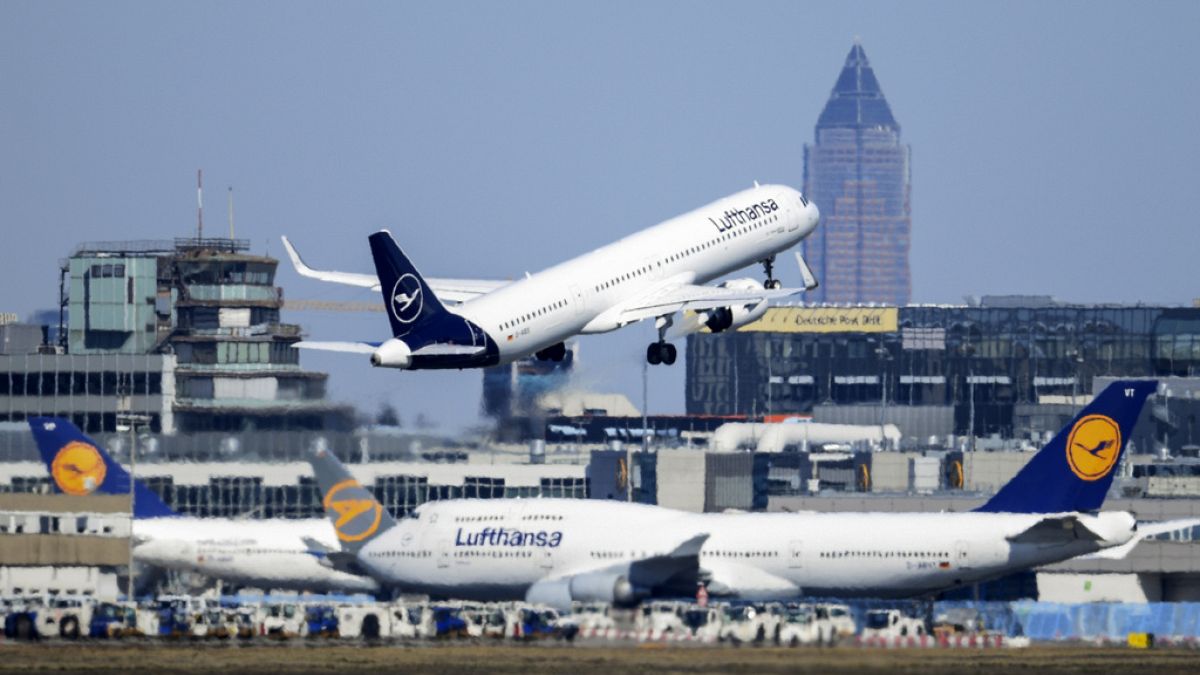A UK based think tank has called for a frequent flyer tax which could potentially raise billions of Euros. The New Economics Foundation (NEF) says the plans would apply to air passengers across Europe.
The tax is designed to raise cash that could be ploughed into alternative and less polluting forms of travel from European destinations.
If adopted, the Foundation estimates the new charge could increase aviation tax revenues by €64bn a year, with minimal impact on occasional flyers.
Frequent flyers are the target of the tax
The NEF claims their plans will target those who take multiple flights a year, while largely exempting those who only occasionally travel by air.
The levy would be applied based on the number of return flights a person takes annually, with the first return flight exempt from the charge.
Those taking medium and long-haul flights, or travelling in business and first class will be hardest hit, as they’ll face an additional surcharge.
The Foundation estimates that more than half of the financial and environmental benefits of their plan will come from the 5% of people who fly the most. The vast majority, around 72% of air travellers, would escape fees by flying once or not at all.
NEF analysts believe the cash that would be raised from the tax could be crucial to support global efforts to meet climate targets. They argue that a slice of the funds raised should be set aside to support those nations already struggling with the financial and environmental impact of climate change.
Sebastian Mang, senior researcher at the New Economics Foundation (NEF), said: “When it comes to stopping climate breakdown, Europe faces a huge gap in the finance available.
“A frequent flying levy could make a sizeable contribution to the EU’s funds and could be leveraged to generate hundreds of billions in capital for investment in public transport, wind and solar power, and nature restoration.
“At the same time, a portion of the funds should be ring-fenced for the EU’s contribution to lower – and middle-income countries dealing with the sharp end of the climate crisis.”
The economic impact of climate change in Europe
According to data from Eurostat, the EU’s statistical office, the total climate-related economic losses to the bloc in 2022 were €12bn.
The highest total loss was recorded in 2017 (€27.9bn), more than double that in 2020, as a result of the heatwaves registered in Europe that decimated agricultural land and sparked a wave of wildfires.
Consumers are already feeling the effects of climate change, with massive increases in the price of commodities including olive oil, which this year has seen prices rise by 50%, compared with 2023.
Eurostat puts the increase down to devastating droughts hitting olive groves in Greece, Spain, and Italy.

